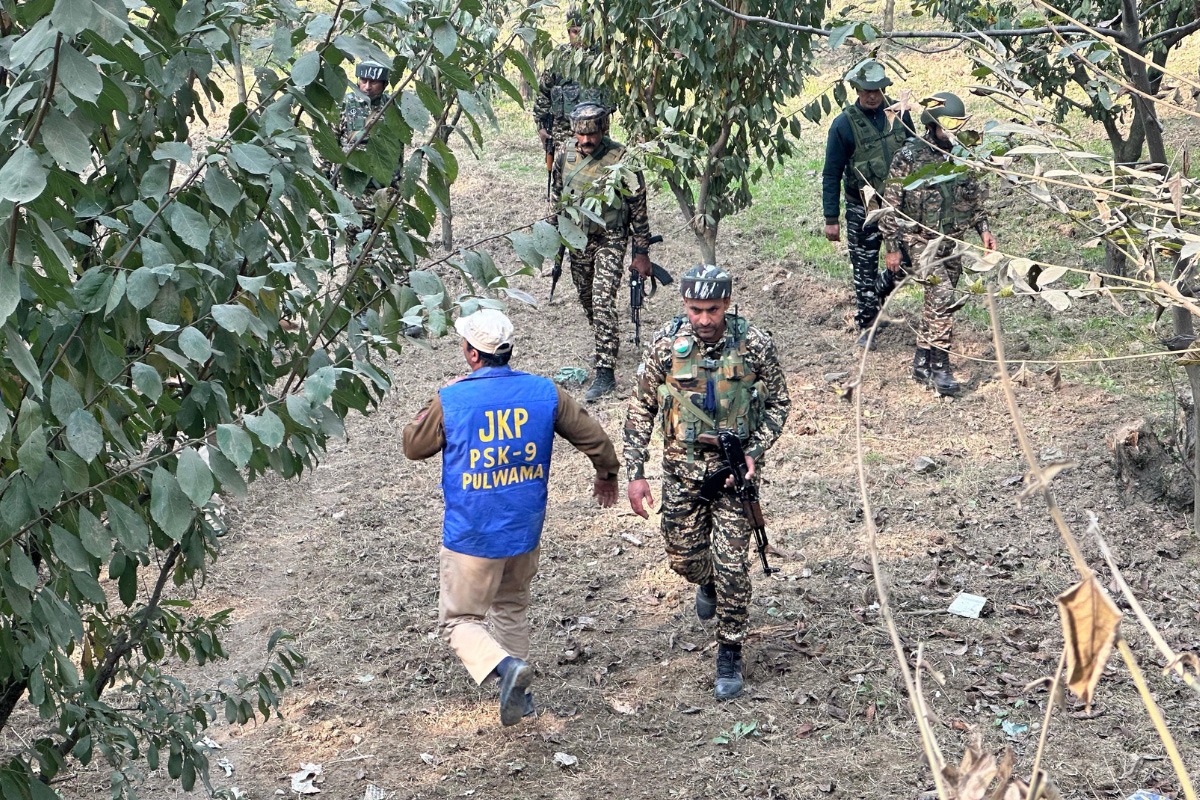NEW DELHI: In a significant development, the Lower house has initiated discussions on the Jammu and Kashmir Reservation (Amendment) Bill, 2023, and the Jammu and Kashmir Reorganisation (Amendment) Bill, 2023, marking a crucial moment in the region’s legislative landscape. With the government presenting a packed agenda of 21 Bills for the session, these particular bills are poised to reshape the socio-political fabric of the union territory.
Jammu and Kashmir Reservation (Amendment) Bill, 2023:
The amendment to the Jammu and Kashmir Reservation Act, 2004, seeks to address long-standing issues related to reservation in jobs and admission to professional institutions for certain reserved categories. Specifically, the bill introduces reservation for economically weaker sections in professional institutions, aiming to create a more inclusive and equitable system.
Watering down financial and social barriers, this move is pivotal in aligning policies with the evolving needs of the region. Amit Shah, Union Home Minister, played a central role in presenting this transformative bill in the Lok Sabha.
Jammu and Kashmir Reorganisation (Amendment) Bill, 2023:
This bill proposes amendments to the Jammu and Kashmir Reorganisation Act, 2019, a landmark legislation that reorganised the state into the union territories of Jammu and Kashmir and Ladakh. The proposed changes not only increase the total number of seats in the Jammu and Kashmir Legislative Assembly from 83 to 90 but also reserve 7 seats for Scheduled Castes, Scheduled Tribes, and introduce representation for the Kashmiri migrant community.
According to the bill, the Lieutenant Governor may nominate two members from the Kashmiri migrant community to the legislative assembly. The inclusion of migrant representatives, particularly women, demonstrates a commitment to acknowledging diverse voices within the political framework. Such amendments underline a forward-looking approach to governance and inclusivity.
FLASH: Home Minister Amit Shah to present crucial bills in Lok Sabha on the second day.
Proposed legislations include the Jammu & Kashmir Reservation Bill and the Jammu & Kashmir Reorganization Bill.
Reports: @iAtulkrishan1#AmitShah #JammuKashmir #LokSabha pic.twitter.com/dbaBJy6Yxq
— The New Indian (@TheNewIndian_in) December 5, 2023
Political Discourse and Opposition Perspectives:
The discussions in the Lok Sabha witnessed a nuanced debate, with various political leaders expressing their views on the bills. While Congress MP Dr Amar Singh stressed the importance of comprehensive resolutions to all issues in Jammu and Kashmir, BJP’s Jugal Kishor Sharma highlighted the long-standing need for these legislative provisions, often overlooked by the previous government.
Union Home Minister Amit Shah responded to TMC leader Saugata Roy’s comments on Jammu and Kashmir, emphasising the government’s commitment to rectifying historical anomalies. He defended the principles of one flag, one prime minister, and one constitution, asserting that the government had fulfilled this vision for Jammu and Kashmir. Shah firmly stated that the move corrected a historical wrong and aligned with the aspirations of the entire nation.
Historical Context and Legislative Correction:
The discussion unfolded against the backdrop of the larger political narrative surrounding Jammu and Kashmir, invoking references to historical decisions and the need for correction. Union Minister Dr Jitendra Singh underscored the Modi government’s commitment to address long-standing issues, criticising the Congress for preserving Article 370 for decades.
Dr Jitendra Singh’s remarks also shed light on the demand for creating a Union Territory in Ladakh, a demand that found fulfilment under Prime Minister Narendra Modi’s leadership. The Minister’s assertion reflects a historical context, outlining the gradual erosion of Article 370, as predicted by Pandit Jawaharlal Nehru.
What Lies Ahead:
As the debate continues, these bills hold the potential to redefine the political landscape and socio-economic structures in Jammu and Kashmir. The focus on reservation, representation, and reorganisation reflects a nuanced approach to governance, aiming to address historical grievances and build a more inclusive future.
The amendments proposed in the bills align with the broader agenda of the government, evident in the repeal of obsolete laws like the Advocates (Amendment) Bill, 2023, and the proactive stance in repealing the Indian Post Office Act, 1898.
In the coming days, the Lok Sabha will continue its deliberations, unravelling the layers of legislative intricacies that shape the destiny of Jammu and Kashmir. As the bills progress through the parliamentary process, they carry the potential to usher in a new era of governance and representation in the union territory.










